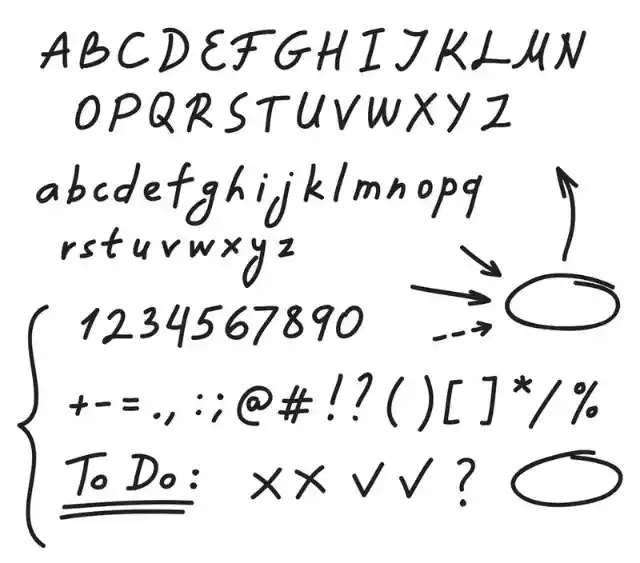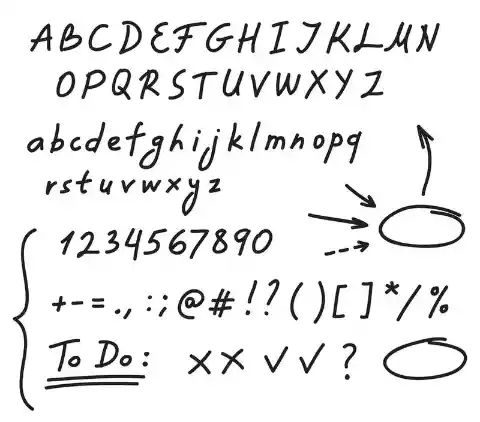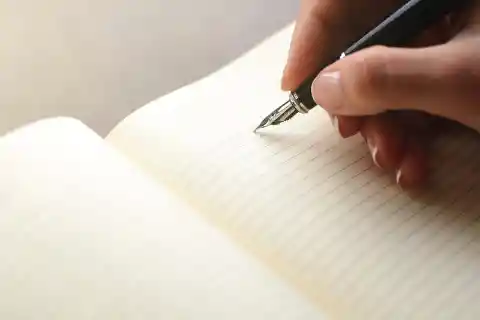In the modern world, computers are king. In businesses and colleges around the globe, people use the typewritten word and handwriting is becoming a thing of the past.


Although students may use the phrase ‘writing a paper’, this is not something they will ever do in the literal sense.
Even elementary schools and high schools are now teaching typing as an essential part of learning, and cursive writing has pretty much died out. However, as handwriting slides into the history books, what societal benefits could we also be losing?
Scientists say that writing makes you retain information more easily. In a recent joint study carried out by researchers from Princeton and the University of California, it became clear that those students who wrote their notes longhand did better in terms of retention.
The participants were asked to take notes in a lecture, with one group taking typed notes and the other writing longhand. A test was taken 30 minutes after the end of the lecture and again the following week.
There was little difference between the two groups on the first test, however, after a week those who had taken traditional written notes were seen to have a much better understanding of the concepts covered in the lecture and were much more open to new ideas.
Laptop VS Notebook
Another similar study conducted at the University of Nebraska tested students after a PowerPoint lecture. The first group was tested immediately, the second after they had looked at their notes.


The students who had taken notes using a laptop did well on the immediate test, however, those students who took handwritten notes performed better overall in the group that was allowed to review their notes.
The researchers believe that the reason for this better performance is the way that we capture information when writing longhand; the notes tend to be shorter and well organized so the material retained more easily.
Information taken from graphs and charts was also retained more efficiently in the handwritten notes cohort.
Pen & Paper Supported by Brain Scans
One of the main drawbacks when typing notes is that students try to capture the entire lecture verbatim. This has proven to be useful in short term retention but while the focus is on typing the student is not fully engaging with the subject of the lecture.


Those students who take handwritten notes process the information and translate it onto the paper in a way that they find easier to understand. It is this that gives them the edge when it comes to long term recall of the subject.
Computers are certainly here to stay but that does not mean there is no place for pen and paper.
The research confirms that we should still be teaching our children traditionally writing skills from a young age. In a study conducted at the University of Indiana two groups of 5-year-olds were studied.
In one group the children just looked at letters; in the other, they practised writing them. Both groups then received a brain scan with results indicating that those children who wrote the letters down had a neural activity that was more advanced and adult-like.